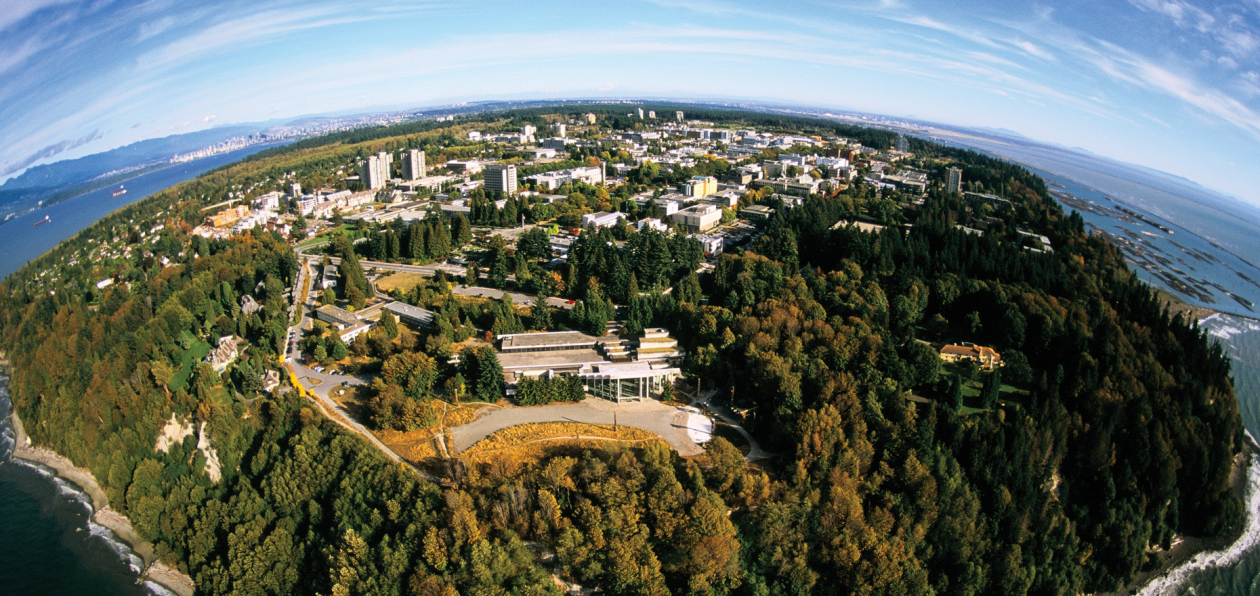Today’s reading summary made me think a lot more about assessment in a PE class. I think it is important to assess students on their physical literacy, in addition to their physical skills. The four basic principles are important components to include when you are grading your students. As a teacher, I want to ensure I assess students fairly and regularly. I’d also like to give my students an opportunity to voice their opinions about class activities. Maybe allow them to work on an activity or sport for a group project. I think it’s so important to encourage students to stay physically fit and healthy. If they are interested in a certain aspect of PE, I’d like to show my support and allow them to explore their interests and thoughts.
I was also interested to learn more about fundamental movement skills in PE classes. I look back to my PE classes in school and how we were forced to play baseball and basketball. I never understood that I was working on my movement skills. I think it would be beneficial for teachers to explain the benefits of PE class and why it is important to develop movement skills. While I was in school, if I knew that running and kicking were important skills to become a great soccer player, I would have practiced more. I have always been uncoordinated so I struggled to do well in sports like soccer and baseball. I think if I became interested in a sport early on, I would have developed my fundamental movement skills at a quicker pace. I didn’t enjoy playing sports until I reached my early twenties when I started going to the gym and working on my physical health. I look forward to next week’s class!

I liked your idea about giving students a chance to voice their opinions. Since the goal of physical literacy is to encourage students to stay active and healthy, I don’t see why they should be forced to do activities that they may not like, and not have a chance to explore activities that they like. This could actually lead to interdisciplinary work and “taking action”. For example, if a student is an avid hiker, and is interested in preserving the environment, they could help plan a hiking field trip that integrates science and physical education, and teach the class about the flora and fauna!
Perhaps it is also important to let students be more involved in the assessment process – like you said, if they knew the importance and relevance of each fundamental movement skill, wouldn’t they be more motivated to work hard at it? Also being quite uncoordinated myself, I think I would have become more interested in sports at a younger age if I understood the importance of developing fundamental skills.
Thanks for sharing!
Hi Amy,
I enjoyed your post as well. Thinking back to my PE classes in school I feel like we didn’t really concentrate on fundamental movement skills. I mostly remember just being given equipment and told to play some sport. I think there was a day or two of preparation but it was never enough for those of us who hadn’t ever encountered the sport before. The game that followed was always dominated by the students who already knew the sport well. I don’t remember ever thinking that the point of PE was to improve or learn skills that would be transferrable to other activities. Even the assessment was based mainly on participation, and maybe that was demotivating as well because it reinforced the idea that there was nothing to “learn”.
Having said that, I am nervous about assessing students in PE on anything besides participation. I can’t imagine giving a student a bad mark in PE because they hadn’t learnt to throw a ball well or balance on the gymnastic beams properly. I would be comfortable giving written feedback discussing where there is room for improvement but, at the end of the day, we have to give them a grade don’t we? This final grading worries me but I hope to feel better about it by the end of the class!